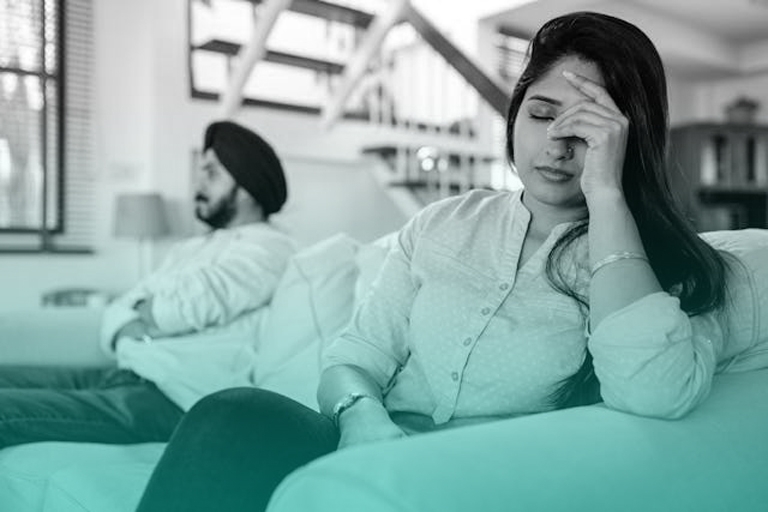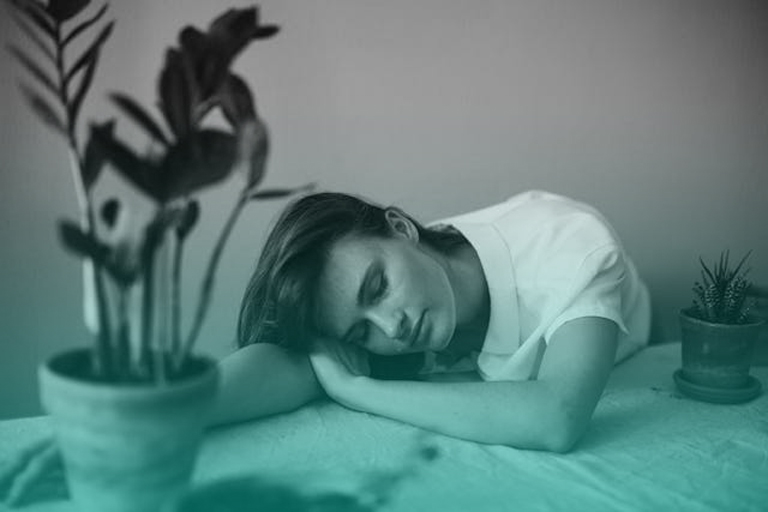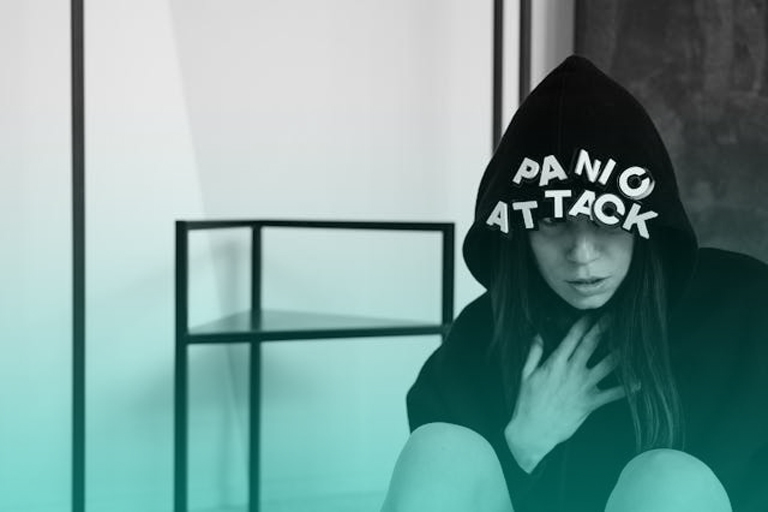Anxiety is a complex and often misunderstood condition that affects millions of people worldwide. It can manifest in various forms, such as panic attacks, social anxiety, or generalized anxiety disorder. For some individuals, anxiety seems to arise without any apparent cause or trigger, leaving them perplexed and searching for answers. In this article, I will delve into the intricacies of anxiety, explore its different types, discuss common symptoms, examine potential causes, and provide coping mechanisms and lifestyle changes that can help manage anxiety for no reason.
What is Anxiety?
Anxiety is a natural response to stress or danger. It is our body’s way of alerting us to potential threats and preparing us to take action. However, when anxiety becomes excessive, persistent, and interferes with daily life, it may indicate an anxiety disorder. Anxiety disorders are characterized by overwhelming worry, fear, and apprehension that go beyond what is considered normal.
Types of Anxiety Disorders
Anxiety disorders encompass a wide range of conditions, each with its unique set of symptoms and triggers. Generalized Anxiety Disorder (GAD) is marked by excessive worry about various aspects of life, often without a clear reason. Panic Disorder is characterized by sudden and intense panic attacks, which can cause shortness of breath, rapid heartbeat, and a sense of impending doom. Social Anxiety Disorder involves an intense fear of social situations and the fear of being judged or humiliated. Other types of anxiety disorders include Specific Phobias, Obsessive-Compulsive Disorder (OCD), and Post-Traumatic Stress Disorder (PTSD).
Common Symptoms of Anxiety
Anxiety can present itself in a multitude of ways, with symptoms varying from person to person. Some common physical symptoms include rapid heartbeat, sweating, trembling, shortness of breath, and gastrointestinal disturbances. Emotionally, anxiety can cause feelings of restlessness, irritability, excessive worrying, and a constant sense of dread. Additionally, individuals with anxiety may experience difficulties concentrating, sleep disturbances, and avoidance of situations that trigger their anxiety.
Possible Causes of Anxiety
Determining the exact cause of anxiety can be challenging, as it often involves a combination of genetic, environmental, and psychological factors. Some individuals may have a genetic predisposition to anxiety, making them more susceptible to developing the condition. Traumatic life events, such as abuse, loss, or accidents, can also contribute to the development of anxiety. Additionally, chronic medical conditions, substance abuse, and certain medications can trigger or exacerbate anxiety symptoms.
Dealing with Anxiety for No Reason
Experiencing anxiety for no apparent reason can be frustrating and confusing. It’s essential to remember that even if the cause is unknown, your feelings are valid, and you are not alone. Start by acknowledging your anxiety and accepting that it is a part of your life. Avoid trying to suppress or ignore your emotions, as this can lead to further distress. Instead, focus on developing healthy coping mechanisms and seeking support from loved ones or professionals.
Ready to prioritize your mental well-being?
Coping Mechanisms for Anxiety
While coping mechanisms may vary from person to person, there are several strategies that can help manage anxiety for no reason. Regular exercise, such as walking, yoga, or swimming, can reduce anxiety symptoms by releasing endorphins and promoting relaxation. Deep breathing exercises, mindfulness meditation, and progressive muscle relaxation techniques can also help calm the mind and body. Engaging in hobbies, practicing self-care, and ensuring a healthy sleep routine are all important aspects of anxiety management.
Seeking Professional Help for Unexplained Anxiety
If anxiety persists and significantly impairs your daily functioning, it may be beneficial to seek professional help. A mental health professional, such as a therapist or psychiatrist, can assess your symptoms, provide an accurate diagnosis, and recommend appropriate treatment options. Cognitive-behavioral therapy (CBT) is a common therapeutic approach that helps individuals identify and change negative thought patterns and behaviors associated with anxiety. In some cases, medication, such as selective serotonin reuptake inhibitors (SSRIs), may be prescribed to alleviate symptoms.
Lifestyle Changes to Manage Anxiety
In addition to therapy and medication, incorporating lifestyle changes can significantly contribute to managing anxiety. Adopting a balanced and nutritious diet, reducing caffeine and alcohol consumption, and avoiding tobacco or illicit substances can have a positive impact on anxiety symptoms. Prioritizing regular sleep patterns and establishing a relaxing bedtime routine can also improve overall well-being. Engaging in stress-reducing activities, such as yoga, meditation, or journaling, can help regulate emotions and promote a sense of calmness.
The Importance of Self-Care in Anxiety Management
Self-care plays a crucial role in managing anxiety for no reason. It involves taking intentional actions to prioritize your physical, mental, and emotional well-being. Engage in activities that bring you joy and relaxation, such as spending time in nature, practicing self-reflection, or indulging in a hobby. Set boundaries and learn to say no when necessary to prevent overwhelm. Practice self-compassion and challenge negative self-talk. Remember that self-care is not selfish; it is an essential component of maintaining good mental health.
Conclusion
Living with anxiety for no reason can be challenging, but it’s important to remember that there is hope and support available. By understanding the nature of anxiety, recognizing its symptoms, and utilizing coping mechanisms and lifestyle changes, it is possible to manage anxiety effectively. Don’t hesitate to reach out for professional help if needed, as mental health professionals are trained to provide guidance and support. With time, patience, and self-care, you can regain control over your anxiety and live a fulfilling life. Remember, you are not alone in this journey.

 Gaston Molina
Gaston Molina



 Let me support you in finding what’s going to keep you going on your journey!
Let me support you in finding what’s going to keep you going on your journey!
Was this helpful?